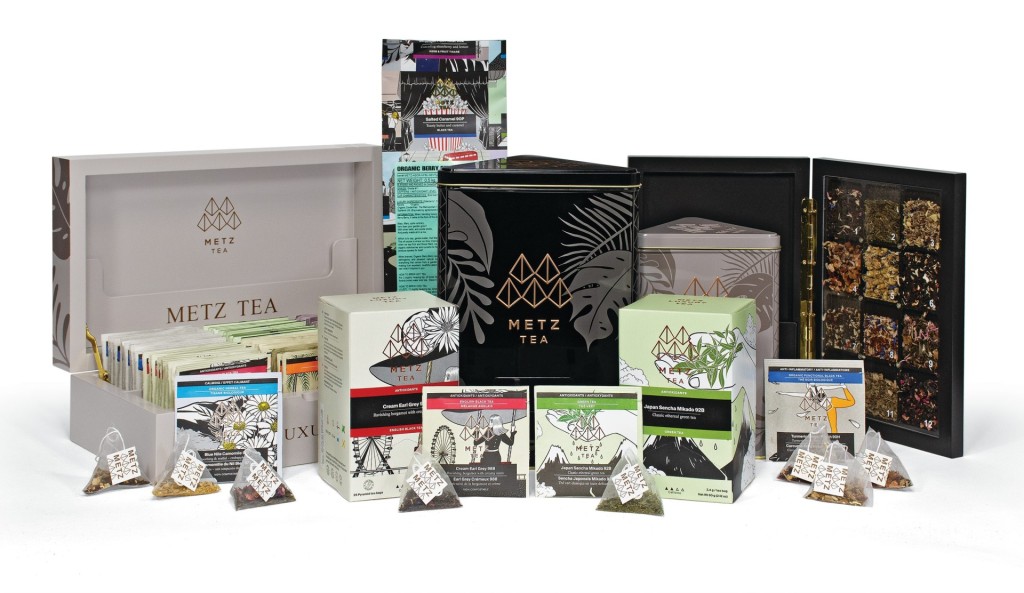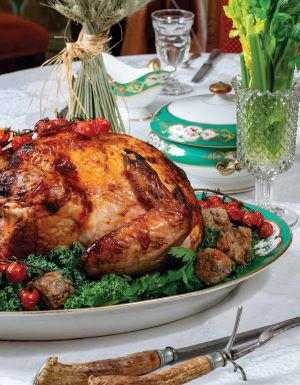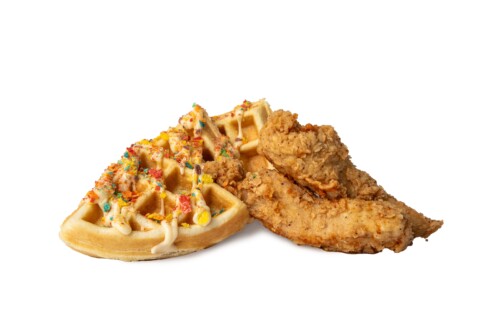As the hospitality industry evolves, so does the perception of tea’s role in delivering exceptional guest experiences. We have enjoyed getting to know The Metropolitan Tea Company and are excited to introduce their environmentally conscious products as well as their incredible business practices that remind us of the power we all hold to have an impact that extends far and wide beyond just creating a new CPG. By recognizing the value of luxury tea and investing in tea sommeliers, hospitality outlets can set themselves apart and attract discerning customers seeking unique and indulgent experiences. In this three part eco-adventure, we’ll uncover the secrets to tackle these hurdles and create a greener, posher, and a more delightful hospitality experience.
How does the use of luxury tea in hospitality settings impact the overall experience of customers/guests?
The use of luxury tea in hospitality settings absolutely impacts the overall experience of customers/guests and creates memorable moments that increase the likelihood of those guests returning. More than ever, enlightened hospitality settings are understanding that the guest experience is from A to Z and tea has become an important aspect of not only the overall experience but is also in harmony with guests’ lifestyle choices.
Upscale hospitality settings are often training one of their staff at our facility to become their site’s tea sommelier. This becomes an added-value proposition to the outlet and as with any value-added element, can improve revenue.
During the pandemic and the high incidence of ‘stay at home’, tea consumers experimented with different teas. During this experimental stage, they realized that luxury tea is nuanced, exceptionally enjoyable, and beneficial to their health. Some have even compared the experience to a bottle of vintage wine versus common tea being like newly packed wine in tetra packs.
In the past, F&B has primarily looked at the cost per tea bag as the thought is that tea is tea, and what can you do with tea anyway? We always like to think of this as: ‘Yeah, I suppose… that being the case, would you think that there is a difference between a Toyota Corolla and a Mercedes 450? They are both cars.’
How do you see tea being integrated into menus in creative and innovative ways, and what potential benefits do you see in doing so?
The opportunities for tea to be integrated into menus have really exploded in recent years. Tea mocktails and cocktails have risen in popularity and started trending. Baking and other culinary delights can be infused with tea to heighten the flavor and culinary nuances. Ideas like Earl Grey Scones or a smoky lapsang souchong steak rub are sure to surprise and delight guests. Offering Chefs the creativity and experimentation to create local pairings with the exclusive teas will increase the probability and consumers will be more inclined to visit the property for Afternoon Tea and other offerings they have created.
What are some of the challenges that the hospitality industry faces when integrating compostable materials, and how can these challenges be addressed?
One of the challenges is educating staff about the evolving array of items that can now be composted. Realistically, luxury, upscale, and premium hospitality locations are separating compostable materials already, such as food scraps. Compostable tea bags are simply part of the food waste stream so it is only a matter of training F&B staff that these tea bags can be included with the food waste.
How does the company promote environmental and social sustainability beyond using compostable packaging materials?
At our Production Facility in North America, we’ve been 100% solar-powered since 2012 with our rooftop array, reducing interior summer temperatures by 8 degrees and eliminating the need for air conditioning. The shading effect extends the flat roof’s lifespan and saves millions on replacements, while a 200-acre farm protects wetlands and wildlife. Our LED lighting cuts power consumption by 80%, and radiant heating allows for a 2-degree thermostat reduction. We reuse carton boxes and repurpose excess cardboard on-site, optimizing shipping space. Employees receive public transit subsidies, and electric vehicles have preferred parking. We prioritize constant evaluation and efficiency to foster a sustainable work culture.
We travel extensively throughout the world on farm audits and relationship building. During these times we share information on excellent sustainability practices that we may have seen elsewhere. We try to explain the ethos of reduced pesticide use and how this can make their products more valuable and obtain higher returns. In addition we explain the benefits of reinvestment in their farms and how this will create additional global demand for their produce and we encourage them to take steps to improve quality which will give them higher returns.
Read Also:Importance of Texture: How it Shapes the Excellence of Culinary
In essence, our extensive knowledge is shared creating a synergistic relationship between ourselves and our supply partners.
This is the first of a three part tale of compostable twists and tea-infused triumphs in the realm of hospitality. Embrace the green revolution, train those tea sommeliers, and let creativity flow as tea infiltrates menus like never before. It’s not just about sipping tea; it’s about savoring the essence of luxury while being kind to our planet. Cheers to compostable teas, innovative blends, and unforgettable experiences that leave both guests and Mother Nature with a satisfied smile. Keep brewing brilliance and remember, the future is steeped in sustainable decadence!








